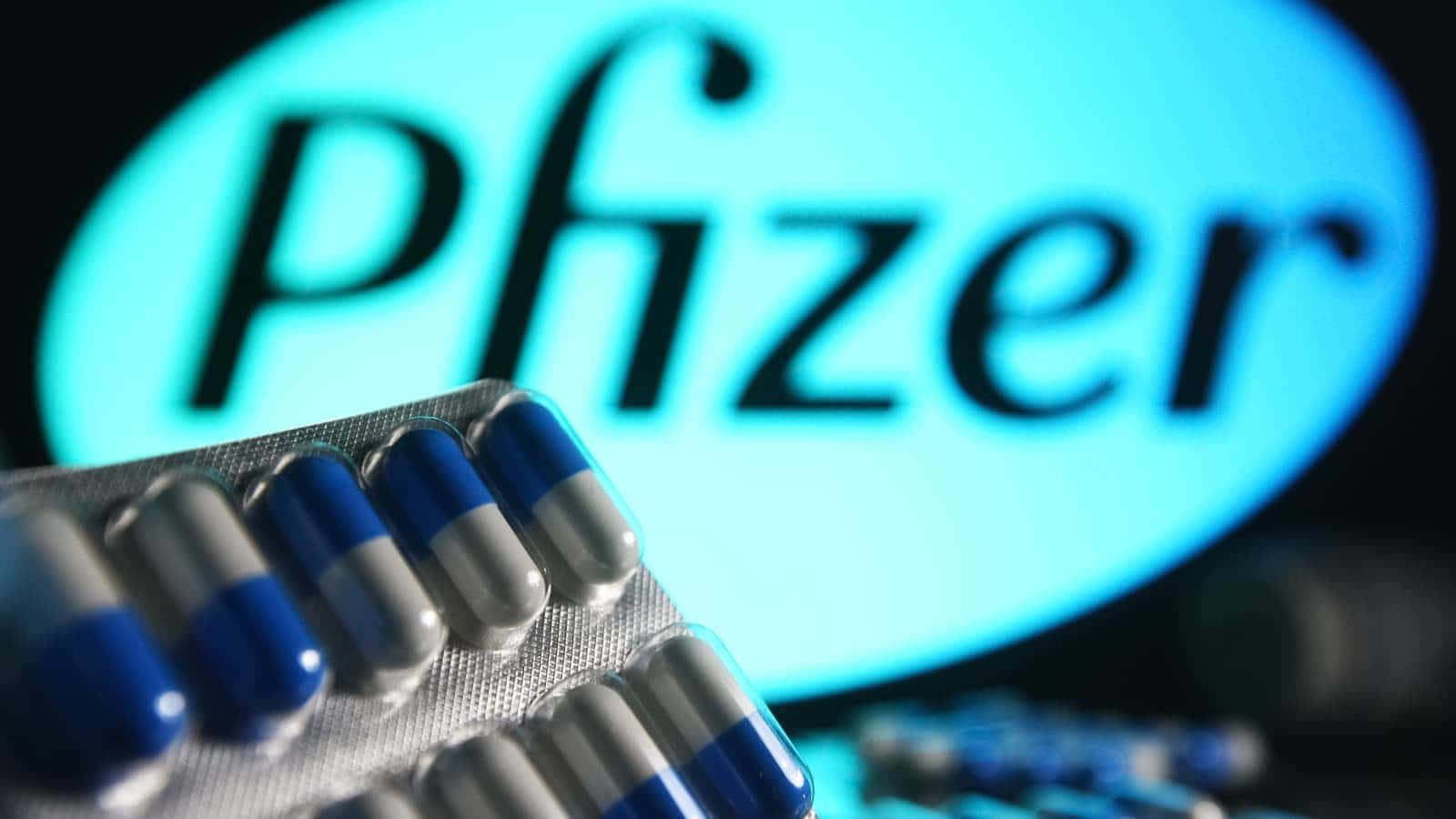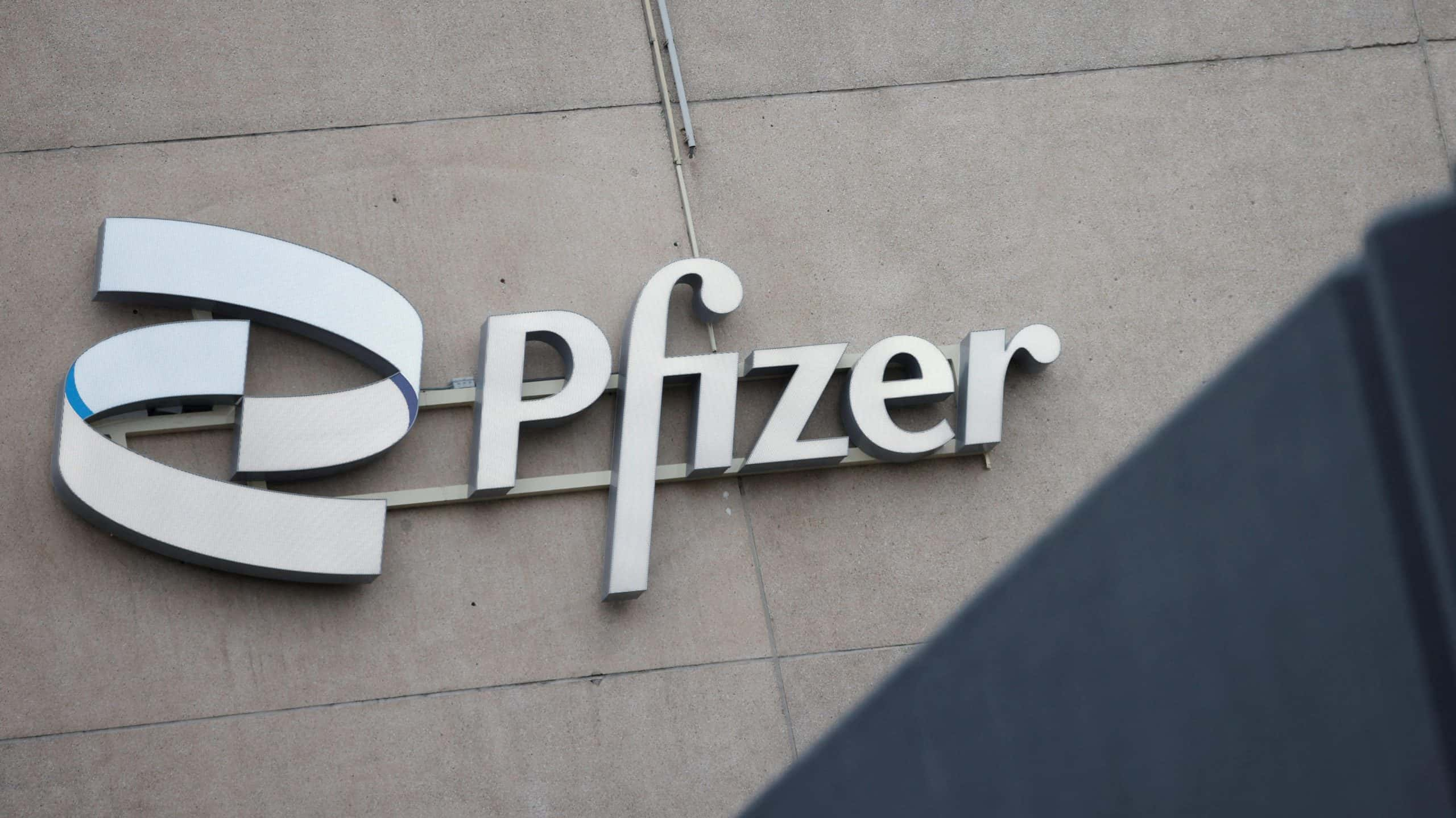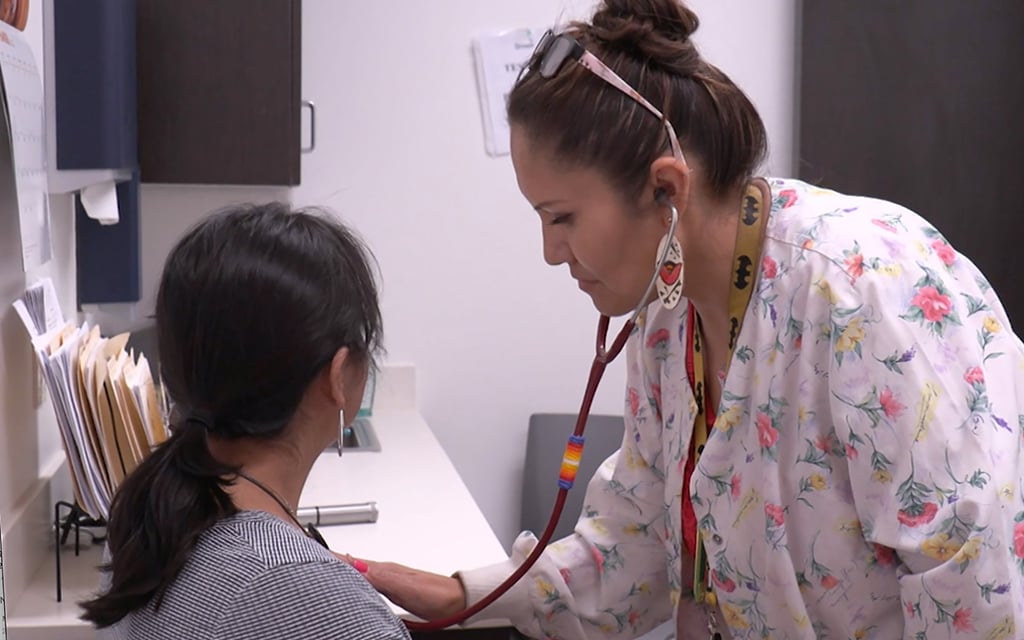In a significant development, Pfizer Pharmaceutical Company faced a downturn in its shares on Friday as it announced the discontinuation of a twice-daily obesity treatment due to a high dropout rate among patients in a clinical trial.

Pfizer Pharmaceutical Company, acknowledging the challenges, revealed that it would pivot its focus towards a once-daily variant of the drug, danuglipron, rather than initiating a late-stage study for the now-abandoned version
Late-stage studies represent the final and most expensive phase before a drugmaker seeks regulatory approval. Within the intensely competitive field of obesity treatments, Pfizer Pharmaceutical Company faces formidable rivals like Novo Nordisk and Eli Lilly, both of whom have injectable drugs in the market. However, Pfizer Pharmaceutical Company and Novo are jointly exploring the development of pill versions, aiming to provide patients with a more convenient option.
Pfizer Pharmaceutical Company highlighted a disconcerting patient discontinuation rate exceeding 50% across all doses in a mid-stage study of the twice-daily danuglipron, in contrast to a 40% discontinuation rate for the placebo. Despite witnessing statistically significant weight loss in adults with obesity but without type 2 diabetes, ranging from nearly 7% to over 11%, the company cited mild but prevalent side effects. Nausea affected up to 73% of patients, while 47% experienced vomiting.
Pfizer Pharmaceutical Company’s Chief Scientific Officer, Dr. Mikael Dolsten, emphasized the potential of a once-daily version of danuglipron in the treatment of obesity, pledging the company’s commitment to this avenue
Early-stage research is underway, with results expected early next year. This announcement led to a 5% decline in Pfizer Pharmaceutical Company Inc.’s shares, reaching $28.98 in mid-morning trading. The setback compounds a challenging year for the pharmaceutical giant, which had already witnessed a 40% slide in its shares before this development. The company remains optimistic about the future, focusing on the potential of its once-daily danuglipron variant to make a significant impact in the obesity treatment landscape.




